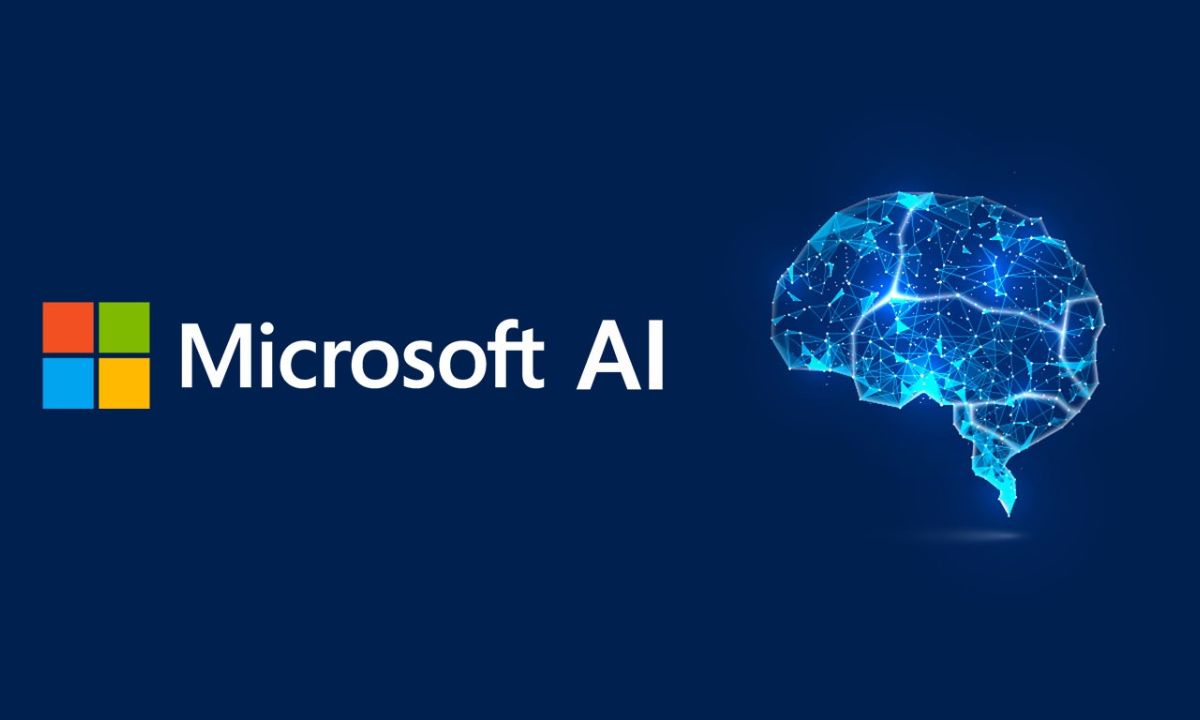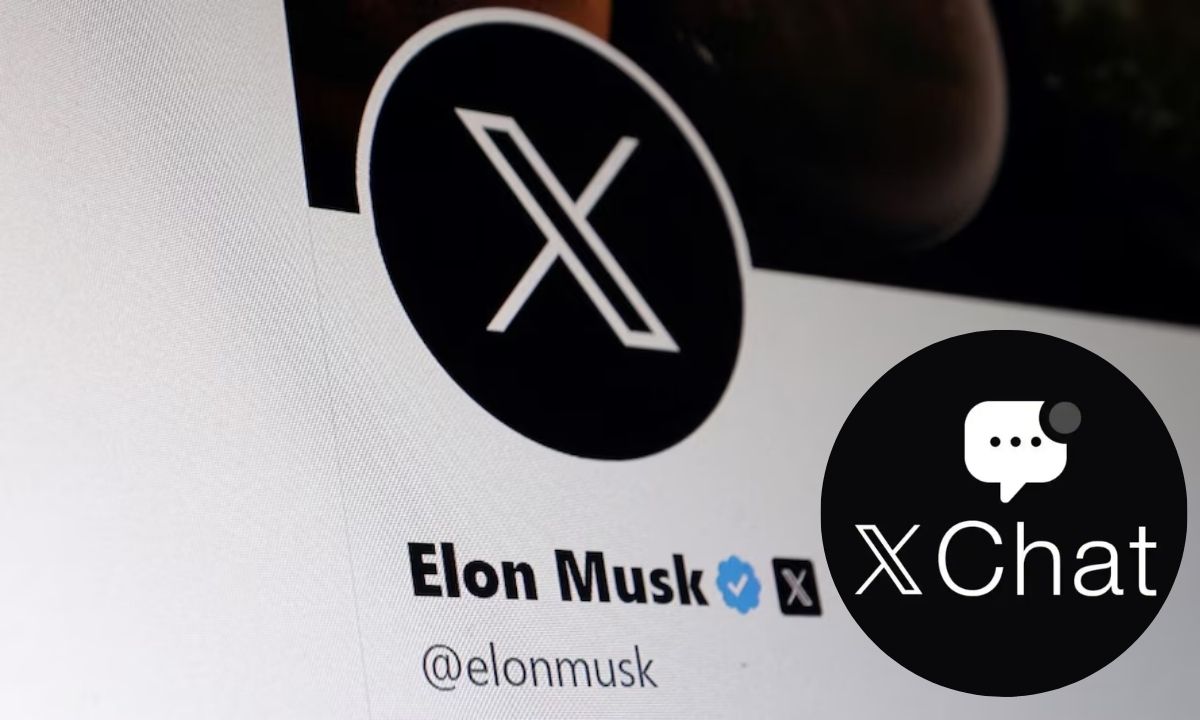Mustafa Suleyman, the CEO of Microsoft AI, says the company isn’t trying to lead in creating the most advanced AI models. Instead, Microsoft is focusing on building models that come out “three to six months later.” According to him, this method helps save money and lets Microsoft focus on specific uses for AI.
Off-Frontier Strategy: A Smart Way to Save Resources
Suleyman calls this the “off-frontier” strategy. He explained that it’s cheaper to create AI systems once the first versions have already been released by others. Microsoft can learn from early models and make improvements without spending as much money.
Building AI Without Wasting Resources
Even though Microsoft owns a lot of powerful Nvidia graphics processors, they’re not using them to build the most cutting-edge models. Instead, Microsoft is using its resources wisely and releasing smaller AI models that work well on personal computers without needing large servers.
Microsoft and OpenAI: Still Partners, But Also Competitors
Microsoft and OpenAI have worked closely since ChatGPT launched in late 2022. Microsoft has invested $13.75 billion in OpenAI and uses its models in services like Copilot and Bing. However, in 2024, Microsoft officially listed OpenAI as a competitor. OpenAI also started working with Oracle on the huge Stargate AI project.
Despite this, Suleyman confirmed that OpenAI recently made a new deal to keep using Microsoft’s Azure cloud services.
Microsoft’s Copilot Is Getting Smarter
During Microsoft’s 50th anniversary event, Suleyman announced new features for the Copilot assistant. One of them is a “memory” function, which helps Copilot remember important details about users who use it often. This feature first appeared in OpenAI’s ChatGPT, which has over 500 million weekly users.
Microsoft’s version, called Think Deeper, offers smarter and more thoughtful responses, similar to OpenAI’s o1 model that was introduced in September 2024.
Suleyman’s AI Journey From DeepMind to Microsoft
Before joining Microsoft, Mustafa Suleyman co-founded DeepMind, which Google bought in 2014. He later led a startup called Inflection before joining Microsoft with his team.
At Microsoft, Suleyman now leads a strong AI team with a long-term goal: to become self-sufficient in AI development by 2030.
Microsoft’s Long-Term AI Vision
Suleyman made it clear that Microsoft isn’t trying to win the AI race right away. Instead, the company is thinking long-term. “We don’t need to build the world’s best AI model first,” he said. “It’s too expensive and not necessary if others are already doing it.”
Microsoft’s plan is to continue working with OpenAI for now, while slowly building its own powerful AI systems over the next several years.






